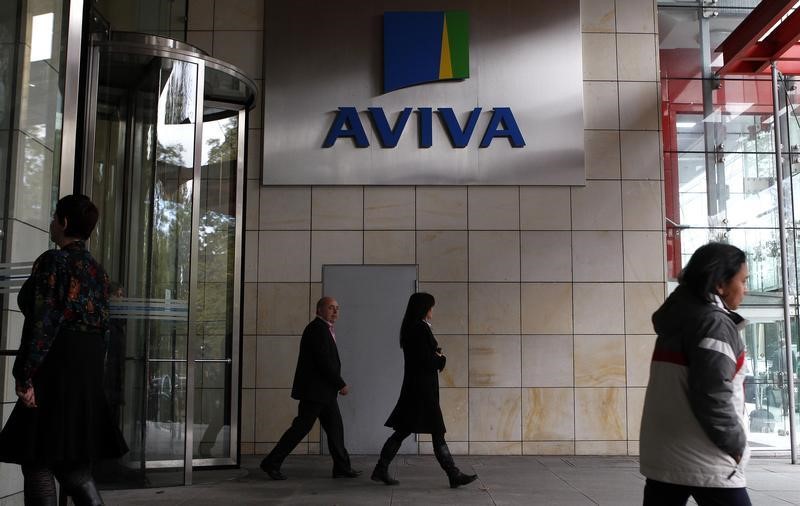hild banking occupies its own niche in the financial products market. However, its development is limited not so much by the regulator’s norms but by the caution of the banks that seek to avoid possible losses in conflict situations. If we compare the situation with 2020, the number of offers on child banking products has increased significantly.
Maps and application
Children's bank cards offer a range of features specifically designed for toddlers, teens and their parents. For example, adult family members may set limits on amount their child can spend in a given period of time. It helps to control and teach children to manage their finances responsibly. Besides, children's bank cards are usually associated with online banking, which allows parents to track the child's spending, check the balance and make transfers to the card.
Children's cards have security features, such as the ability to block or cancel the card in case of loss or theft. Restrictions may also be imposed on the card use only in certain places or spending categories.
There are various mobile apps that help kids learn financial concepts and obtain skills through interactive games and activities. The very first app for kids was released by Jysan Bank. The card is designed for children aged 5 to 16 years.
The innovative product of Bank RBK allows children and teenagers to use a wide range of banking services. The RBK Mini mobile application is not just a children's card but digital banking, a useful service that allows children and teenagers aged 7-17 to learn financial literacy and how to handle money. RBK Mini has animation design. There are also interactive tasks and a piggy bank, which you need to break like a real one to find out how much money is in it. Thus, RBK Mini teaches children and teenagers the ability to manage pocket money wisely (not only to spend, but also to earn and save it). It is also important that a child can get cashback (money back to his card) up to 10% for such categories as: taxis, cinemas, fast food, games, hobbies, amusement parks, or circus.
Bank CenterCredit also developed a children's application. The organization’s website reports that the application teaches a child to “spend wisely, count pocket money and be more disciplined”; a plastic wallet gives a guaranteed 1% cashback on all payments, up to 10% cashback in favorite categories and up to 15% cashback from bank partners.
Halyk Bank has not released an application, but offers a children's bank card with free service for children from 6 to 16 years old; standard set of services and cashback up to 5%. Kaspi Gold can be opened for a child between the ages of 10 and 16. Altyn Bank promises to return spending to children and teenagers up to 20% if they use the card in cinemas and entertainment centers. The Forte children's card promises up to 15% cashback on the selected category of purchases.
Deposits
The conservative approach of banks is well demonstrated by such a product as deposit. Now there are quite a few banks offering deposits for children, including: Nurbank, Jusan Bank, Halyk Bank, VTB Bank. By the way, these organizations offer deposits under the state program.
With the help of AQYL educational deposit, it is possible to save for education faster. By opening such a deposit, you can receive a reward from both the bank and state. The return on investment in some banks can reach 17% per annum. The bank remuneration and state premium are capitalized, that is, they are added to the main deposit.
One of its advantages is that arrests or other penalties cannot be imposed on deposit. Deposits up to 10 million tenge are insured by the Kazakhstan Deposit Guarantee Fund. You will need from 3 MCI to open it. Depositors can replenish it at any time.
It is worth noting that banks independently set the AQYL deposit rates. In some of the banks it is 5%, while in others it is 7%. Only the state premium is unchanged - 5% per annum for all and 7% per annum for orphans, children left without parental care, people with disabilities, children from large or low-income families. The state premium is accrued on the funds accumulated by the depositor, including the bank's remuneration. The premium remains for the entire term of the deposit. As of 2013, when the State Education Savings System was launched, the premium from the state was not reviewed.
Bank CenterCredit has a child commercial deposit with a term of up to one year. Tenge deposit will bring the client 15.5% per annum.
Insurers for children
As of last year, life insurance companies have also been participating in the State Education Savings System (SESS). By signing an educational endowment life insurance agreement within the framework of the SESS, parents will be able to save up for their children’s education, receiving, in addition to the investment return accrued by the insurance organization, a state premium in the amount of 5% to 7% per annum.
The insurance product has other advantages as well. Firstly, the rate of return is guaranteed for the entire duration of the insurance contract, in contrast to the deposit (from 8% to 10%). Secondly, the guarantee of Insurance Payments Guarantee Fund covers the full accumulated amount, while the guarantee of the Kazakhstan Deposit Guarantee Fund only covers the amount up to 20 million tenge. Thirdly, in the event of a parent's disability or death, the full cost of education is paid, regardless of the accumulated amount. Such a product is offered by Halyk Life, Freedom Finance Life and Eurasia Life Insurance Company today. Nomad Life also participates in the project of JSC Financial Center under the Ministry of Education and Science of the Republic of Kazakhstan, but here they accrue premiums for an educational product indexed to the dollar. The product is guaranteed to bring its owners an annual state premium of 5% or 7% tenge. On top of this, the company provides a certain return on investment in dollars.
Unlike banks, most life insurance companies offer savings and investment products for children. There is really a great choice in this segment of the financial market. Therefore, if you decide to save money with the help of insurers, you should look through their websites and choose the most convenient option. Life insurers and general insurance companies also offer child travel insurance and health child insurance. The tariffs are low, while payments reach millions of tenge. General insurance companies also offer potential customers to conclude children's contracts online.
It seems to be more lucrative for banks to focus on teenagers, as it is a large audience; they have pocket or self-earned money and a desire to understand finance. Insurers offer a wide range of products for all ages. While traditional banks are fighting for adults, the insurance market is trying to attract teenagers and their parents. The fact is that the middle generation perceives insurance as a service imposed by the state, so the sector is trying by all means to reverse this view of things and earn the loyalty of potential customers.





